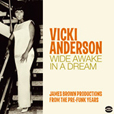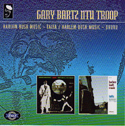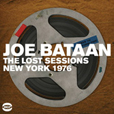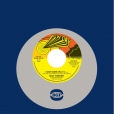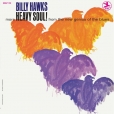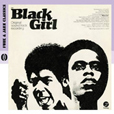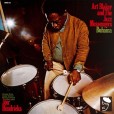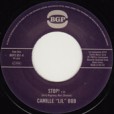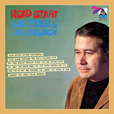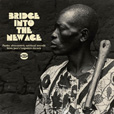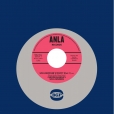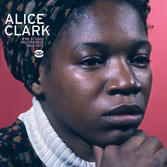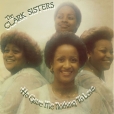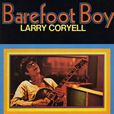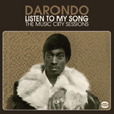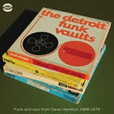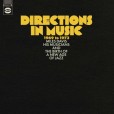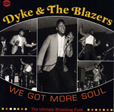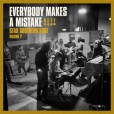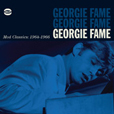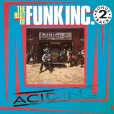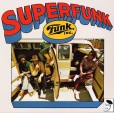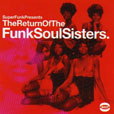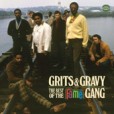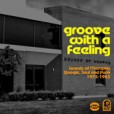Your basket is empty

Gil Scott-Heron
The Revolution Will Not Be Televised
BGP
This compilation of the best of Gil Scott-Heron’s Flying Dutchman output was originally released in 1974, pulling together tracks from his first three albums: Small Talk At 125th And Lennox (1970), Pieces Of A Man (1971), and Free Will (1972).
This very welcome LP reissue is a top-notch pressing, resplendent in the original gatefold sleeve.
Pre-funk gospelized soul sides, ostensibly produced by the Soul Brother himself, showing off her fabulous voice, especially the burners.
His beautiful voice in fine fettle on this missing link between The Bottle and the Salsoul disco-raps — a foretaste of disco in 1976, but previously released only in Japan, including fine Isaac Hayes and Billy Stewart covers.
This Detroiter recorded three songs for Dave Hamilton, all of them funk classics.
Originally issued in 1971 on the trim New Day label, I Got Some is the most down and dirty of the trio.
Sampled by Gang Starr.
Blaxploitation soundtrack from the team behind Fritz The Cat, with Betty Everett, Walter Hawkins and Sonny Stitt, and some tough organ funk led by Merl Saunders.
Trying out a more seventies, soulful groove, with the likes of Woody Shaw, Carter Jefferson, Cedar Walton — and Jon Hendricks, who sings on the revival of Moanin’, and Along Came Betty.
Buhaina was Blakey’s name after his conversion to Islam. Of course A Chant For Bu was sampled by A Tribe Called Quest for their almighty Excursions. Altogether now: ‘Back in the days when I was a teenager / Before I had status and before I had a pager…’
Soul scorchers from Louisiana. A brilliantly convincing cover of Howard Tate, about relationship mindgames, hazily riven with sexual desire; and hard, driven funk on the flip, about men treating women badly. The red-hot band is Buckwheat and his Hitchhikers, before he turned to zydeco — recorded cyclophonically, according to the original label.
Earth-moving stuff here, of course, with Joe Henderson, Alice Coltrane, Gary Bartz, Norman Connors… but ‘forgotten’? Even as a marketing angle, you must be kidding.
Fiery, head-banging deep funk by this Louisiana guitarist; originally out on Eddie ‘Goldband’ Shuler’s ANLA label, in 1967.
NYC soul, with at least two killers — Don’t You Care, and Never Did I Stop Loving You. BGP has unearthed some rarities; and some great photos.
The Clarks’ fourth, pivotal album for Westbound’s Sound Of Gospel label, from 1979, hustling them firmly towards the dancefloor. Traditional soul-based gospel like My Cup Runneth Over alongside disco-influenced gems like My Life Is Complete With Jesus and ‘Everything Is Gonna Be Alright.
Funk pioneers. Check it out if you like Young Holt, Wade In The Water, James Brown. (Check yourself out if you don’t.)
Jazz, soul and rhythm and blues by this pivotal figure, from the LPs Live At The Flamingo, and Sound Venture, with the cream of UK jazzmen. Swinging Soho does Stax, Latin, Stevie, Louis Jordan, Mose, Oscar Brown…
Funk scorchers from the house band at FAME in 1969. Freeman Brown, Jesse Boyce, Clayton Ivey, Junior Lowe… Knockout sevens like Grits And Gravy and Turn My Chicken Loose — equal parts Meters, MGs, JBs — with a heap of top-notch stuff out here for the first time.

